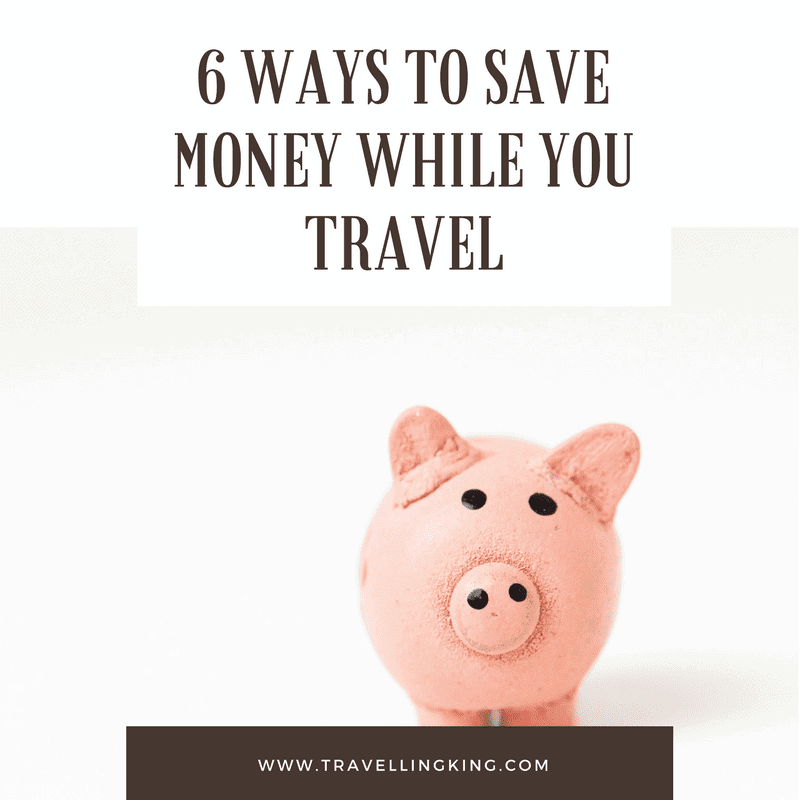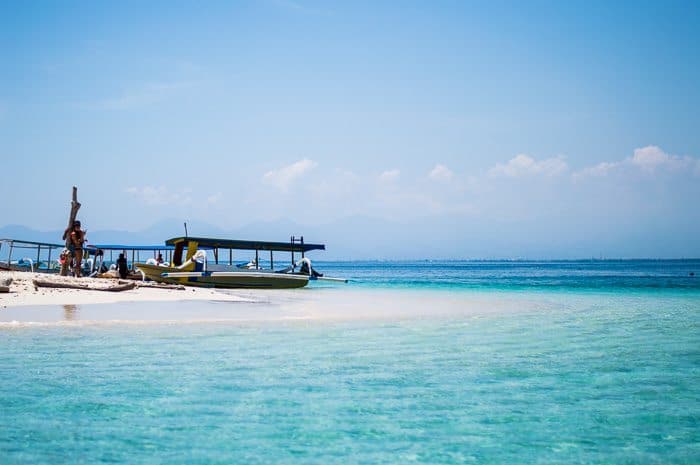Algarve on a Budget
Portugal is one of Europe’s best value destinations, and the Algarve especially so. The UK Post Office, which keeps…

Portugal is one of Europe’s best value destinations, and the Algarve especially so. The UK Post Office, which keeps…

Yellowstone National Park is one of those places that is on everyone’s bucket list…or should be. Geysers shooting thermally…

Saving money while travelling may sound like an impossible task, but it’s definitely doable for those willing to stick…

Lisbon is a beautiful capital built across seven hills and offering guests amazing views It’s a laid back city…

Berlin (Germans Capital) is not only one of the most exciting cities in Europe but also one of the…

Thailand is one of the most popular destinations in the world and we are fortunate enough to live in…

Lombok is stunning, an untouched paradise. Around every corner there are millions of palm trees cascading down the tropical…

There’s never any shortage of things to do in New York City but you might be forgiven for thinking…

Despite the common belief that Singapore is an extremely expensive city, it is a paradise for budget travellers. Here…